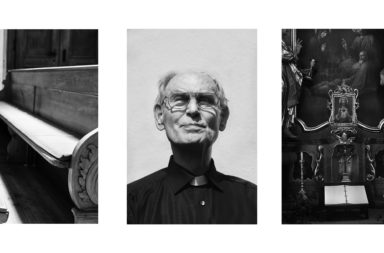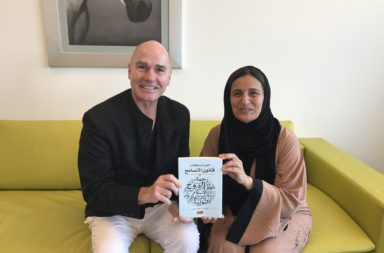The pronouncement of a death sentence on poet Ashraf Fayadh in Saudi Arabia for “renouncing Islam”, shows again that the state’s attempt to exert its repressive grip over its residents will not be something that the international community takes lightly.
Indeed, the media, civil society, and the broader international community are coming together to fight this injustice, seeing Fayadh’s death sentence as a shocking violation of human rights, and an indictment on the country’s totalitarian regime.
Fayadh, whose work has appeared in the Venice Biennale and at Saudi Arabia’s largest art exhibition Jedda, is a widely respected artist who is known for bringing closer ties between British and Saudi art.
Testifying at his trial, other prominent Saudi artists voiced their concern that Fayadh had not been provided legal representation, nor had he received a chance to interact with the judges trying him.
Nevertheless, the poet was given the death penalty with only thirty days to appeal. The original sentence of 800 lashes and a four-year imprisonment was upgraded to the death penalty upon the failure of Fayadh’s appeal.
This decision has been publicly denounced across the world, but now international organizations are coming to the aid of the Palestinian poet. Online campaign group Avaaz has launched a petition which has already garnered 18,700 signatures. You can add your name by clicking here and help join the fight today!
Human Rights Watch researcher Adam Coogle condemned the sentence and the lack of due process afforded by the courts, arguing that this was yet another black mark on the human rights record of Saudi Arabia. This year, the country has already sentenced one of its own to death, for alleged protest activities conducted before he was 18. The state has also publicly flogged one of its prominent bloggers for promoting liberal ideas.
These activities are unfortunately nothing new. Fayadh was first detained in 2013 after a complaint was lodged against the poet for cursing against God and the prophet Muhammad. He was released on bail until 2014, where he was again arrested.
Fayadh, who has defended his religious positions, argued that he is not an atheist and that the complainant had misconstrued an argument about modern art, that he and a friend were having in a cafe.
As such, the reasons for his detention and sentencing are still unknown, but some fear that this is an attack on the poet for a video he posted depicting religious police lashing a man in public. Others believe his arrest is racially motivated, blaming it on his Palestinian refugee status.
Regardless, campaigners will continue to fight for the rights of the poet. You can too, by clicking here and signing the petition that calls for the immediate release of Fayadh.




